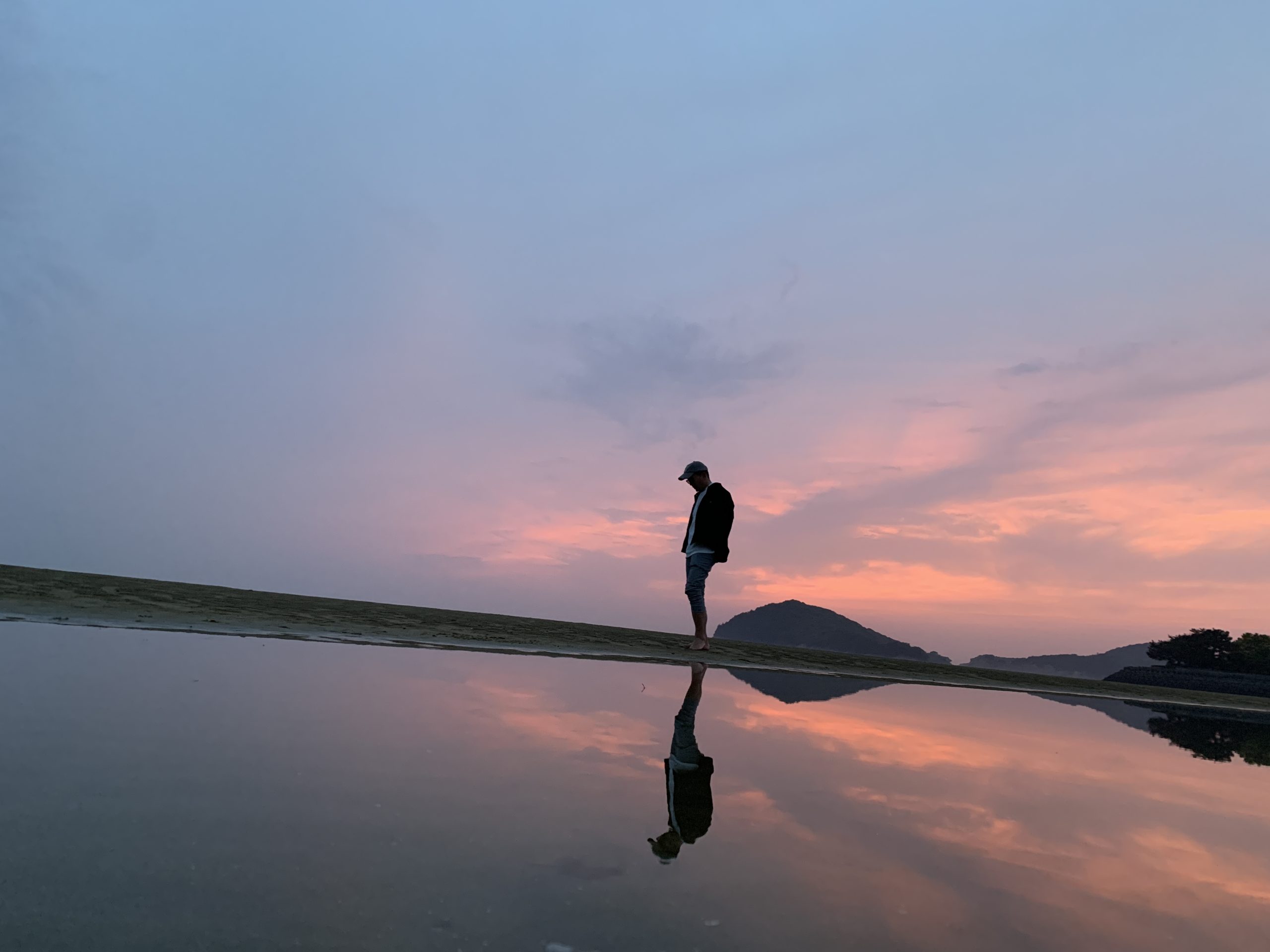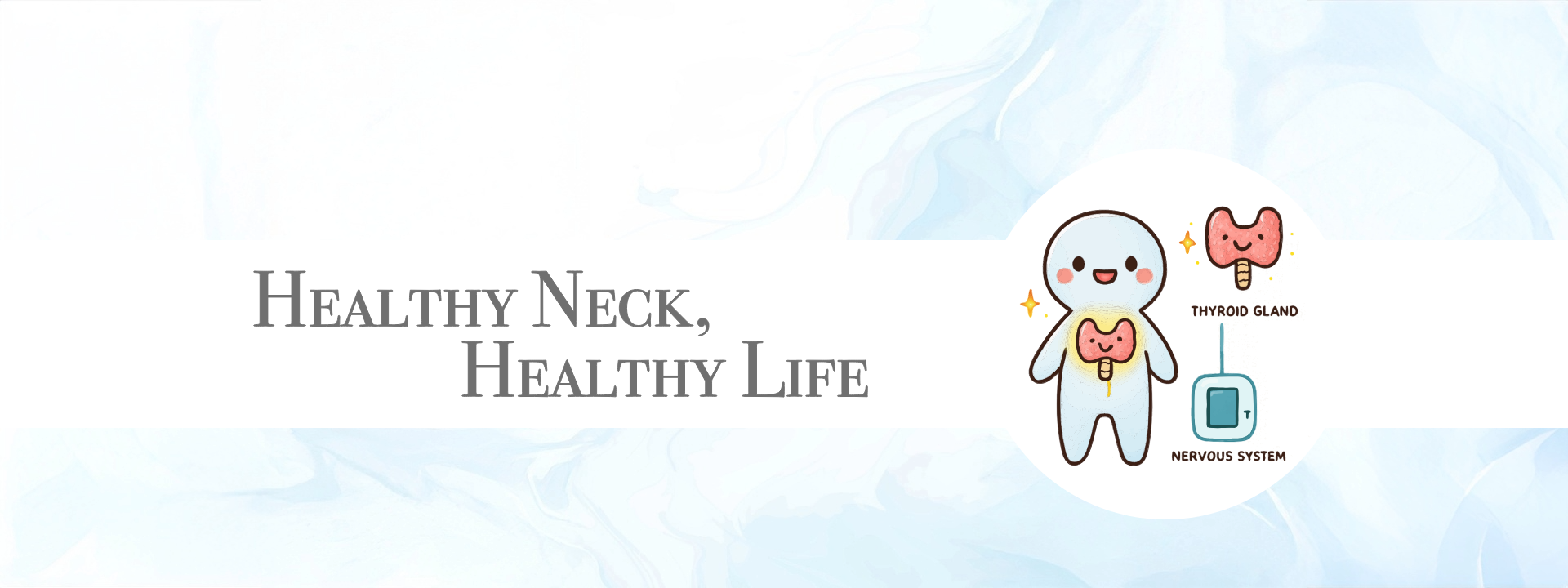The Greatest Savior for the Human Mind
Mindfulness today is often described as intentionally focusing on “the present moment,” accepting it as it is without judgment or evaluation. Through practices like meditation and focusing on the senses in daily life, one can maintain this mental state.

However, for those suffering from mental disorders, mindfulness can sometimes have adverse effects.
Risks of Mindfulness Practices
Special caution must be exercised when healthy individuals instruct patients with mental disorders. For example, yoga instructors sometimes cause injuries to participants by not adjusting for different body conditions—forcing stiff bodies into postures suitable for flexible ones.

The same careful attention is required when guiding mindfulness practice for those with mental illnesses. Practicing mindfulness may worsen symptoms if individuals are burdened with excessive stress or anxiety. Immersing oneself too deeply in meditation may cause mental imbalance. Additionally, attention may inadvertently shift towards traumatic past experiences, exacerbating mental distress.
A Better Approach for Mental Health Patients
For patients with mental disorders, the optimal method is not to intentionally direct their focus, but to create moments where the mind is “automatically,” “unconsciously,” and “effortlessly” captivated by something. These instances, even if lasting less than a second, lighten the emotional burden the more they occur.
Nature: The Greatest Savior for the Mind
Realizing the greatness of nature becomes the greatest savior for the mind. Moments when one’s heart is involuntarily captivated by grass, flowers, rivers, the scent of the air, sunrises, or sunsets, are key.

In these fleeting moments of deep absorption, the mind becomes void. This state of void is the ultimate “Now” and “Consciousness.” It is a domain that cannot be sensed through the human brain because by the time the brain processes sensory input, the “now” has already passed.
Mastering the “Now” Through Practice
How effectively one can deliver these moments of “now” depends on the skill of the practitioner. Reading about it alone may not lead to true understanding of “void” or “now.”
Those aspiring to treat autonomic nervous system disorders are recommended to read works by M. MacDonald-Bayne. His books delve deeply into the nature of consciousness.
True Healing: Merging with Nature
“Consciousness” is profound beyond a simple definition. Pursuing it leads to growth in oneself and others. Every major religion, Ayurveda, and yoga trace their roots back to consciousness itself.
By learning about this consciousness and merging with nature, we can provide the greatest healing for the human mind.

Final Message
Words born from genuine experience and feeling carry a “power to convey.” Find your own authentic way to express and share your understanding with others.



コメント